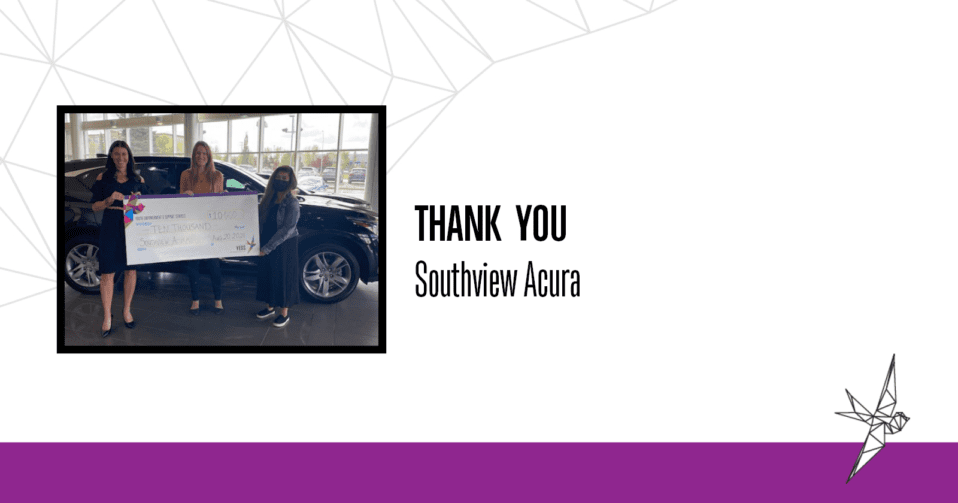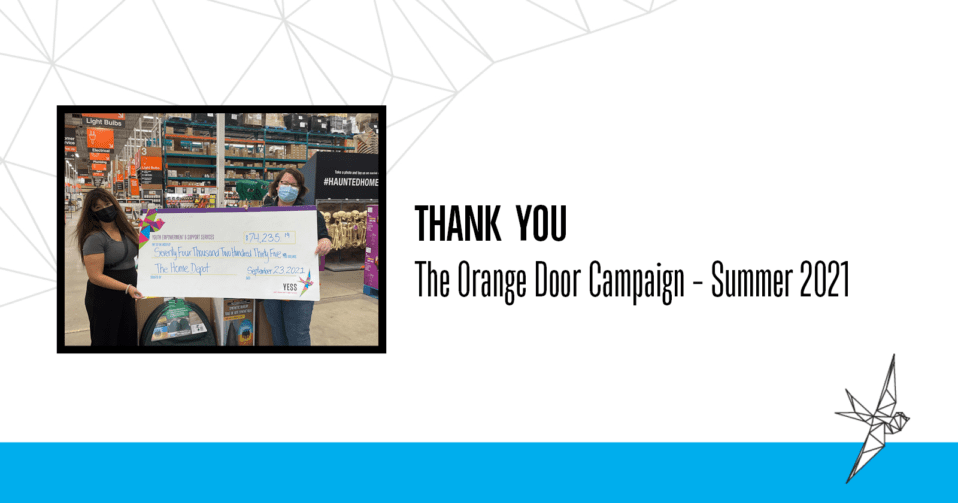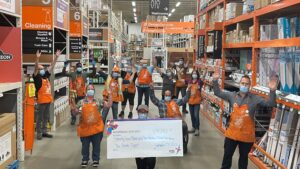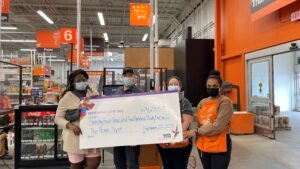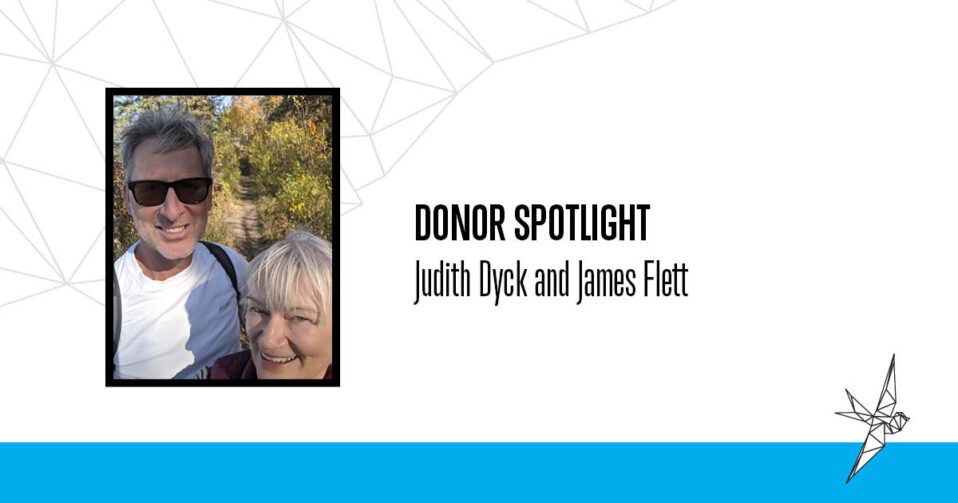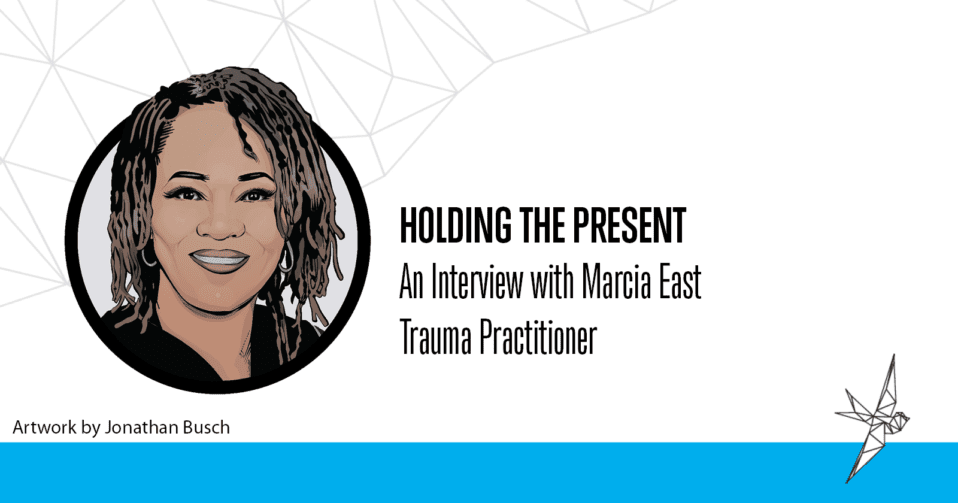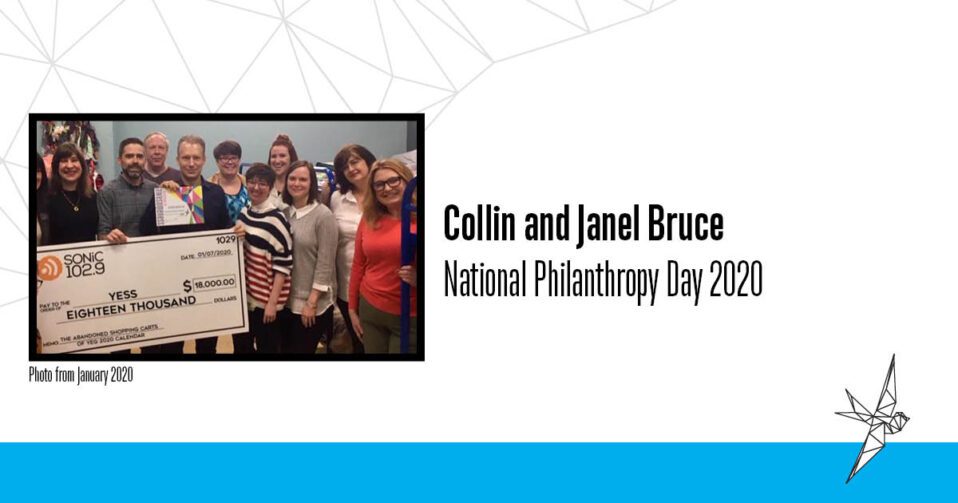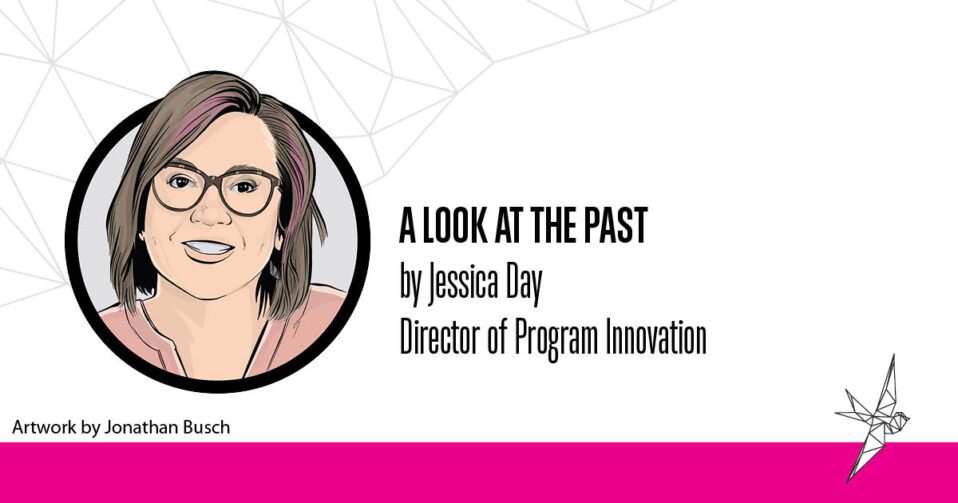Jessica Day, Director of Program Innovation, has been working with vulnerable populations since obtaining her BA in Psychology from the University of Alberta in 2004. Jessica spent the early days of her career working in a variety of group care settings focusing on high-risk children and youth with complex cases. Her work often involved clients who had experienced extreme family violence and sexual abuse. When Jessica joined the YESS family in 2016, she focused on becoming a certified Trauma and Compassion Fatigue Practitioner to fully understand the trauma journeys of youth and staff. Jessica brings a wealth of experience and deep understanding of the complex needs of the most vulnerable youth.
When you asked me to look back to when I first started in this field, I was shocked to think it’s been over 20 years. Time flies when you are helping humans to grow and develop, as any parent will tell you. What I do remember from my first days in group care, was the battle between my educated ego and my lack of experience and how all first-time workers feel. We feel smart and understanding of other human behaviour, having educated ourselves on the psychology and sociology behind how to work with youth at risk, children in care or transitioning youth to adulthood. We have this profound sense of ego that we know all the tools and techniques to help kids and change the system for the better. We are smart and we are going to save lives and change the world! And then we are hit with what the real experiences of working with youth are like and that is when the real work actually begins.
They say knowledge is power, however trying to explain the hierarchy of needs to an escalated youth resulted in a chair being thrown at my head and my life being threatened in the first 30 minutes of being on shift. I wasn’t actually in any danger; the youth was escalated because I gave them space and fuel to be escalated and when the adrenaline wore off, so did the threat. I can remember, clearly, the process of writing about this incident in the hand-written logbook and shaping the narrative of what happened out of fear of my job being questioned or to prove I was a youth worker, and less about the facts of what was done. Why? Because I was afraid: of the youth, of another escalated situation I couldn’t handle, and for my job.
I bring this up not because I am a bad youth worker (although they say that those who can’t do, teach or lead!), or to indicate that this business is scary. My point here is that, back in the day, we often operated and communicated out of fear. Sometimes it was the fear of the unknown, sometimes it was the fear of action, sometimes it was the fear of our careers. Policies and procedures were reactive written laws in the homes; however, they didn’t allow for the many grey scenerios that came up. This led to a need for someone else to tell us what to do, how to act, what is expected. This fear and this structure meant that proactive problem-solving and proactive innovations were not heard or utilized.
As I grew older and moved up the systemic hierarchy to have positions of decision making, responsibility, and leadership, I realized that the system was structured in a way that protected youth rights but also agency liabilities. There was very little support or engagement with the frontline staff and there was nothing close to interactive feedback on changes or ideas. Youth workers were almost dispensable and expected to follow along. It was a difficult time because it tied the hands of the workers who were directly trying to impact the lives of youth and it made this human process very bureaucratic. Burn out, lack of change or impact with the youth, and even staff turn over were the biggest frustrations in the system. We didn’t talk about the reasons why a youth was in service—we spoke of their behaviours and escalations. We didn’t talk about family relations, unless specifically designated to family reunification. We had strict goals for the youth, dictated by the government or guardians, that the youth had to comply with but didn’t get a voice in. Staff were injured and held accountable for serious ethical violations, without any support or understanding or compassion.
The biggest evolution I have seen is that there is a collective understanding that our system needed to evolve and change. We couldn’t keep operating out of fear of the youth and their history, we had to look at them as wholistic human beings who were hurt. Agencies started to understand that they needed to support their staff and look at their skills and capacities with intention and purpose. Engagement at all levels became important; youth, staff, and leaders all had perspectives and they all needed to be heard in order to form a policy. There was a shift in how we educate our staff, understanding that we need more than book knowledge to develop into youth workers; onsite placements increased in availability and length of time. Access to practicing skills, with support, became necessary for our youth workers. Trainings became more than a task that was checked off for accreditation; it became necessary to evolve and grow our capacities and update our knowledge and practice of tools to help.
We also started to hear and understand the word trauma and research into the brain science behind trauma and youth development became necessary. Science was telling us about the healthy trajectory of youth and comparing it to the developmental trajectory of youth who experienced trauma, and this opened up the scope of understanding the youth’s behaviours and escalations. It wasn’t willful disobedience that we needed to fear. There were needs not being met, survival skills protecting against more trauma, and developmental delays that require different approaches. We also started seeing the youth as individual humans with complex needs and goals. The language in the group homes and the policies and the history of the youth all changed to be more trauma-focused and including more context and humanity. The youth were no longer dangerous, scary, and evil people—they were scared, traumatized, and hurt kids who were locked in a survival mode.
Understanding this meant that we focused, as a system, on building relationships with the youth. Letting them tell their own stories and experiences, building up trust that we would handle them with care and grow their hope or potential. Youth workers started to get benefits and access to wellness supports that made it so they didn’t have to take on more trauma from this job. And our storytelling became more human and solution or growth-focused, rather than based on fear. Staff at all levels understood that feedback was important and necessary to be more effective and efficient with any policy changes. Agencies became teams and youth started to see more success as agencies and families truly collaborated around them.
The best part is that with the system changing and collaborating, we got excited to educate the community. We wanted their help; we were not longer adversaries. Our system staff understood that the community needed to be part of the solutions and part of the discussions and part of the knowledge. We can’t do this alone and the community can’t support if they aren’t walked beside as well. There’s a pride and excitement in engaging the community members and partners into collaborating and supporting the youth and it creates an entire city of growth and care.
The ultimate outcome of all this evolution is that the youth journey became healthier and more supported. In the past, youth were names and behaviours, shuffled and moved around according to agency needs, staff fears/narratives, or funding expectations. They were traumatized over and over by broken relationships and lack of trust; trust in themselves, the workers, and the systems. Goals were not met or if they were, it wasn’t genuine. Loss and grief for youth and staff were real and stereotypes were large and loud for our youth. With all these changes, the youth are now humans and their journey is one of understanding and empathy and compassion. We are youth-focused, not staff or agency-focused and this means the image of the youth changes. We are protective of their stories and their narratives across systems, within communities and amongst agencies. The youth journey is collaborative and at their pace because we recognize their voice and their knowledge and their pain. We acknowledge that these are their lives and we are here to fully support what they need, when they need it, however they need it. There is no fear or judgement anymore, only compassion and desire for growth and success. The stigma around youth behaviours is changing and the stigma around family involvement is changing and moving into more trauma-informed discussions. We know, now, that hurt humans hurt humans. We know that healing is dependant on relationship building and we know that the stakes are high. We are committed to a collective belief that we want to do this work, we need to do this work, and we can only do it when we grow and evolve together.

